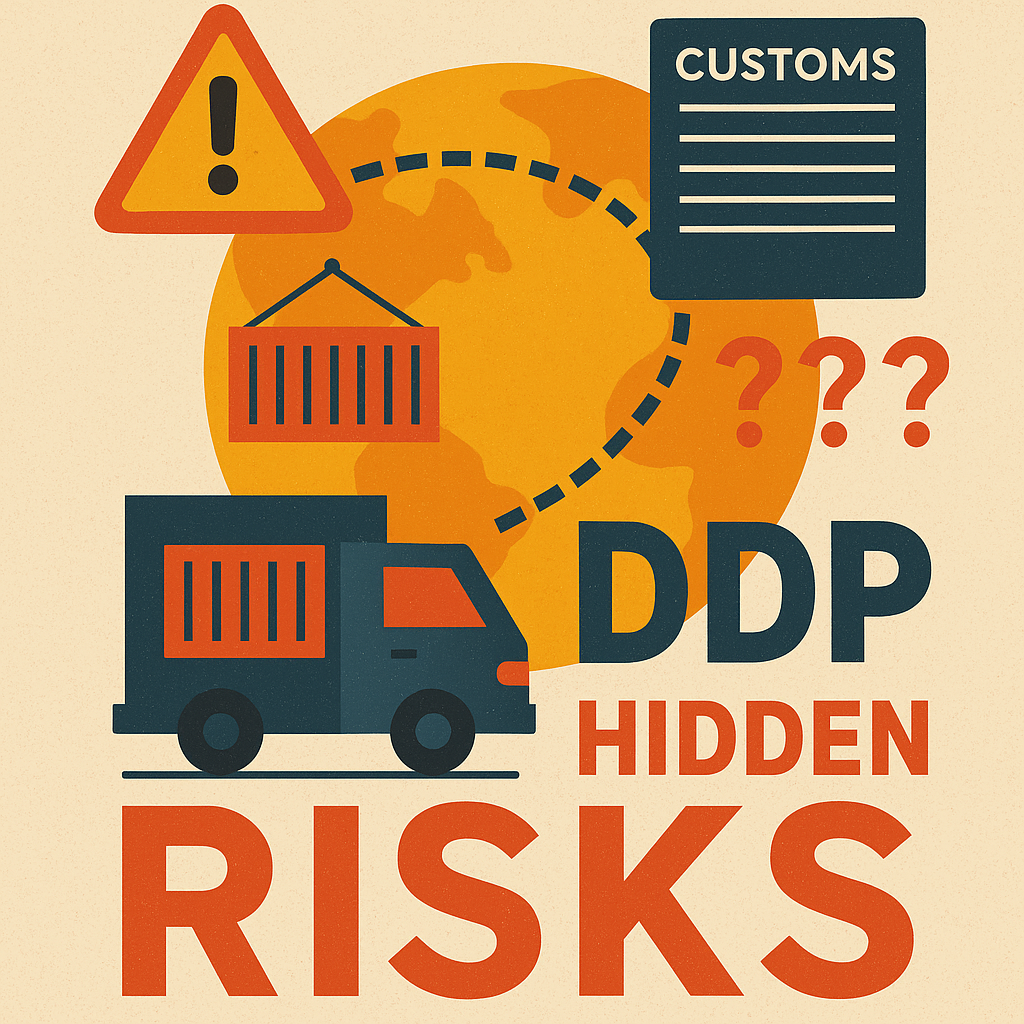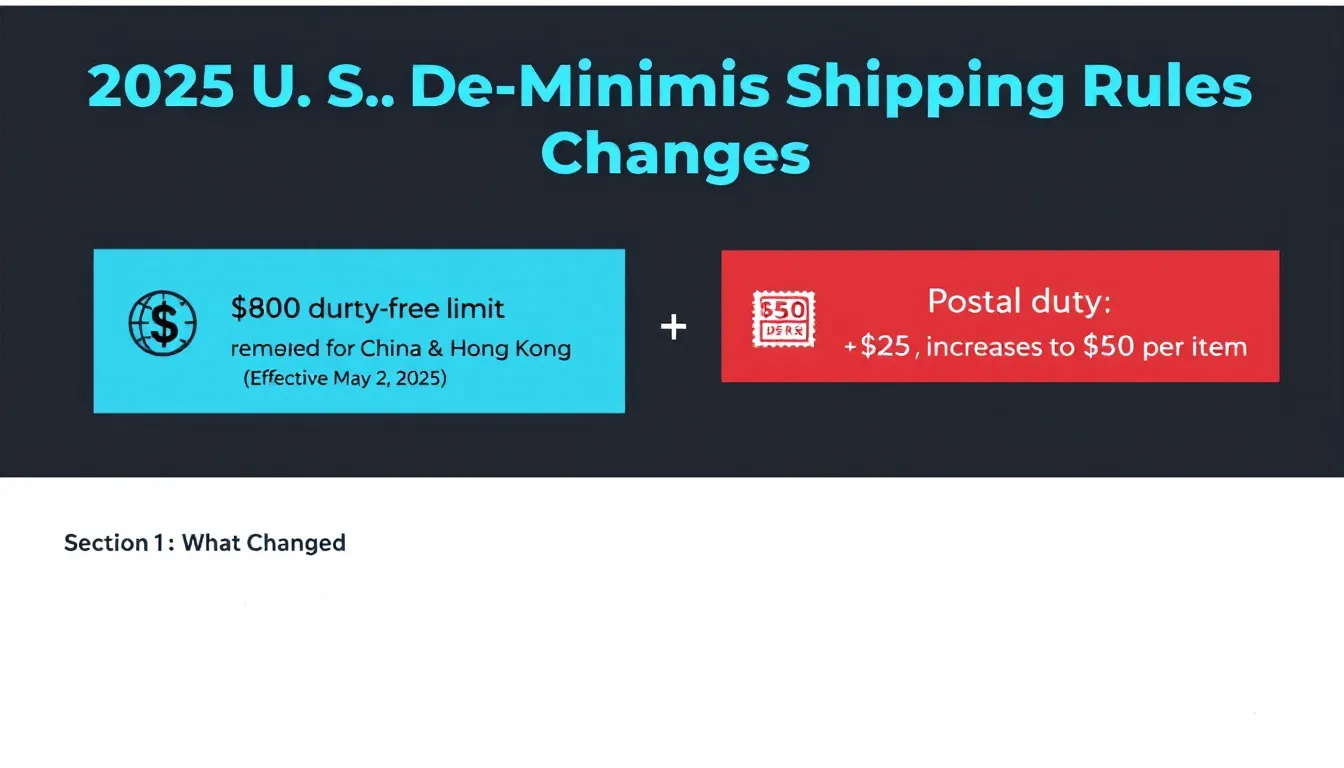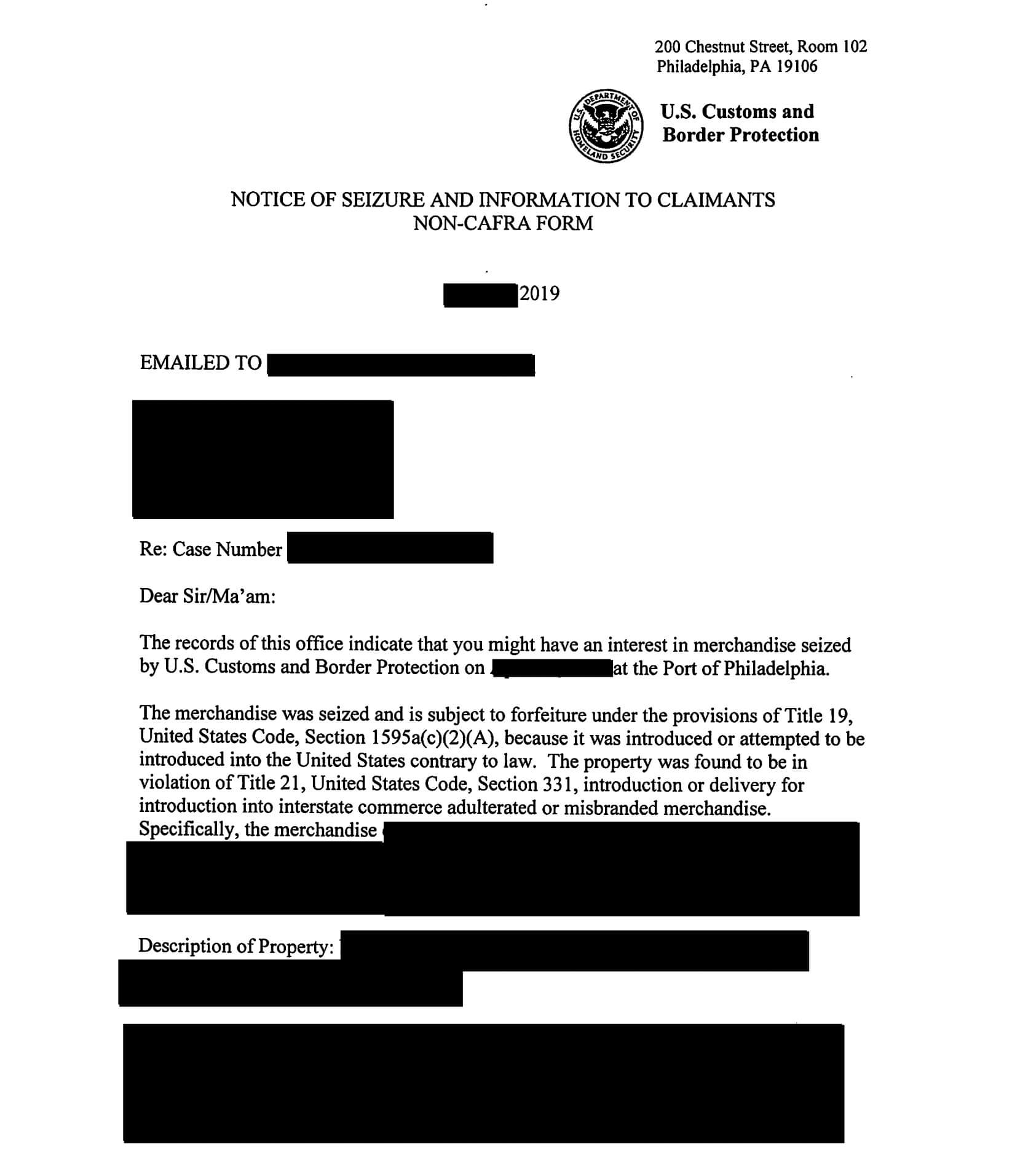“Sir, put down the orange and step away from the vehicle!” commanded the official.
In real life, don’t expect this exact scenario to play out. But humor aside, you must still follow a process to import food products.
For experienced importers, Food and Drug Administration (FDA) requirements aren’t anything new. We’ll help you meet them for the commercial purposes of your business.
Read on and avoid any unpleasantness with border protection.
How Does Importing Food Work?
To begin with, you should know that importing food products constitutes interstate commerce.
As such, it’s treated differently than bringing foreign cars into America for example.
The Federal Food, Drug & Cosmetic Act passes certain responsibilities off to you:
- Labeling compliance
- Food safety and sanitation
Ensure accuracy in your nutrition facts label and other shipping documents. Every time.
Properly labeled fresh fruit is more likely to pass physical examination. And reach the mouths of consumers sooner.
Which equates to profits for you and your foreign suppliers.
FDA standards will apply, but the agency takes a more relaxed approach versus other imported products.
Customs and Border Protection (CBP) is the more active participant. This United States department must be satisfied to keep your supply chains flowing.
Do I Need a License to Import Food to USA?
Your poultry and egg products won’t need prior sanction if you meet two FDA regulations:
- Incoming shipments arrive with prior notice
-
Facility registration has already occurred
Beyond filing prior notice, participating importers like yourself should reach out to each food facility in the chain. Ask if they’ve gone through the Foreign Supplier Verification Program (FSVP).
Double check with suppliers that perform the following functions:
- Produce
- Store
- Handle
You can clear customs once you understand a certain fact. Under the FD&C Act, imported food products can’t be approved, certified, licensed, or sanctioned by the federal government.
They don’t have the authority. You do.
Next, I’ll share some advice on food facility registration.
Food Import Regulations
Checking the FDA website, you’ll see that import foods have distinct guidelines:
- Register your facility with them
-
Select a U.S. Food Agent
First, have all your foreign manufacturers sign up online. This provides transparency and adherence to FDA requirements via records.
Help import agents out by completing this step prior to shipping. It will prevent a delay caused by these individuals having to verify all the details.
Plus, your chance of clearing customs will go up.
After receiving the green light for interstate commerce, you can move on.
Secondly, select a local agent or agency to receive updates from the FDA.
Examples of communication:
- Questions on compliance
- Inspection scheduling
They will be your contact throughout the process.
Having a single person helps streamline everything. And prevents key deadlines from being missed.
Even if you haven’t met in person, treat them respectfully. Picture them as a customer of your import and act accordingly.
Be genuine. And know that establishing a positive rapport will also help your odds of clearance.
Documents for Imported Meat and Other Food Products
You already know about prior notice and facility registration. But there’s other paperwork that must accompany your imported foods.
Including:
- Entry summary
- Customs bond
- Packing list
- Commercial invoice
-
Bill of lading
Entry type and other information will be in the summary. A customs broker can share it with necessary parties on your behalf.
A customs bond guarantees payment of duties and fees to CBP. It’s required if you’re not intending the food for personal use. Such as gifting a family member unique fruit from your travels.
Dimensions of each food product must show up in your packing list. Their quantity and description will also help officials with identification.
Officials want to see the country of origin and more on the commercial invoice. Double check its accuracy. Because incorrect figures will lead to duties that are higher than you estimated.
As the shipment changes hands, the bill of lading acts as a title. Additionally, it is a contract of carriage between shipper and carrier.
Now I’ll offer some specifics around certain food items.
Importing Fruits and Vegetables
Bringing fruits and vegetables into the United States requires an additional step during the import process.
Incoming shipments are subject to the USDA Animal and Plant Health Inspection Service (APHIS). But their rules and regulations for food imports are clearly defined.
They maintain an approved commodities database for your reference:
- Categorized by certified countries, types of vegetables, and fresh fruits
- Includes information on each approved food item
Quickly find out if your commercial shipments are allowed to enter the country.
Importation of food becomes easier when you click on a specific nation. Because you’ll see a detailed explanation on its requirements.
If applicable, complete PPQ Form 587 to obtain an APHIS import permit.
Can You Bring Fruit Through U.S. Customs?
Here we see a very common question.
Agricultural products from other countries must pass our requirements for food safety.
The FDA inspects food shipments even if they’re produced within our borders. Expect U.S. Customs to review your import.
Should you prove compliance with regulations, it’ll continue its journey to end users. But if you don’t the agency may detain your acidified foods.
This leads me to your best chance of a successful clearance.
Consulting with an import specialist.
Two types:
- Licensed customs broker
-
International trade lawyer
A customs broker focuses more on getting past any points of entry. Whereas a lawyer specializing in overseas trade guides imported food products from start to finish.
Look for someone who has experience with global markets. And navigating the varying level of demands.
Wrapping up, I’ll cut down on your research time significantly.
Reidel Law Firm Assisting Customs Compliance
You probably don’t have time to decipher the “legalese” around bringing imports across the border.
Naturally, this is an assumption. But it’s based on discussions with my customers.
I can help you handle the legal aspects of any import issues. It is my specialty after all.
Plus, it removes the need for any sort of course on these topics.
Our international trade law division also supports:
- Tariff classification
- Customs valuation
- Regulatory compliance
- Customs entry review
- Post-entry audit
- Risk management
- Customs detentions and seizures
Reach out to see how I can help your supply chain run smoothly!





